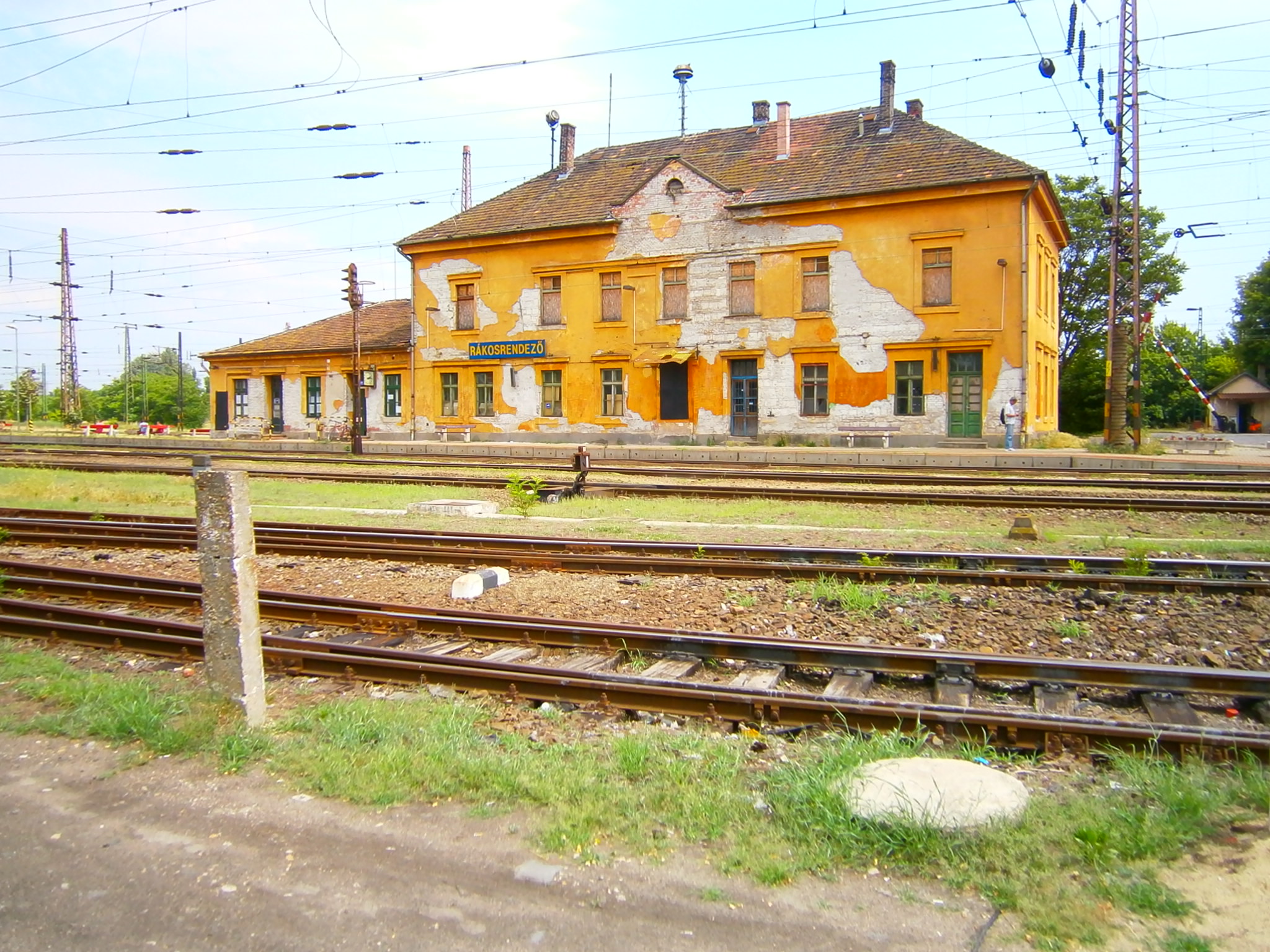The Hungarians Facing Brexit in Britain

Worries over Britain leaving the EU coupled with reports of an anti-foreigner mood among the host population have provoked wildly different reactions from Hungarian U.K. residents. This, in turn, raises the question: could Britain’s departure from the European Union inspire an expatriate exodus, potentially easing the labor shortages back home?
Ágnes Pintér was anxious. Speaking to a BBC domestic radio program on March 12, her Brexit preparations were simple: she was leaving.
“The only thing we could think of was to buy a ferry ticket for the latter end of March, and then to take the youngest three children, myself and the dog to the French grandparents,” she said.
Quizzed by a somewhat surprised program host, Pintér, a Hungarian mother of four and U.K. resident with her French husband for two decades replied: “After two-and-a-half years of uncertainty, and having no sense of control over anything, I see a no-deal. And [what with] the surrounding stories about shortages and all that, that was the last straw for us.”
Pintér’s concerns were heightened by what she termed “a really marked change in the atmosphere”. “If you try to speak another language with my parents visiting here, you get looks. Our daughter in school was told to go back to Hungary in no uncertain terms by another pupil,” she said.
The move was to protect her children from “any kind of upheaval”, she said. “We don’t feel that they deserve this, and this is the only sense of control we can inject into this process.”
Returnee Wave?
The on-going Brexit negotiations means Pintér’s departure for France has likely been delayed. But if her reaction is typical of Magyars in the United Kingdom, could its departure from the European Union trigger a wave of returnee expats, thereby adding to the pool of available labor in Hungary and other countries in the region?
The answer: probably not, at least according to a small, unscientific survey of those affected conducted by the Budapest Business Journal. All the people we spoke with requested their full names be withheld from publication.
Zsuzsa, 33-year-old Hungarian who has lived in London for five years, says the drawn-out negotiations are “slightly unsettling”, but she is “confident” of her future in Britain.
And while many Hungarian friends formerly resident in the United Kingdom had left in recent years, this was not a direct effect of Brexit, she said.
“My other friends and myself have no plans for leaving. Brexit is a huge annoyance and we have to deal with extra paperwork, but ultimately we don’t think it will have a massive impact on our lives,” she said.
Health and Pensions
Erika, a university researcher originally from Dunaújváros and now settled in the English Midlands, expressed similar thoughts, albeit with concerns about accessing public health insurance and pensions.
“I think unless you are a citizen with a British passport, you cannot really feel confident about anything,” she said.
Perversely, many of her friends have obtained British passports as a result of Brexit, even if they are planning to leave, in order to ensure an easy return if required.
Zsuzsa, too, sees citizenship as the ultimate guarantee.
“I’m rushing to get my paperwork done for permanent residency and in a year’s time for citizenship,” she said. “I think I would have done the same without Brexit, but it definitely seems more important and urgent now than it would have been otherwise.”

Romanian Expat Cezar: Veni, Vidi, Mansi
The United Kingdom has been a preferred destination for more than just Hungarians in the past 15 years, with more than a million Poles and others from the region making Britain their home. Cezar M., 40 and a native of Alexandria, southern Romania, has lived in London for the past 17 years. While he says media reports outlining numerous scenarios have made people “insecure” and in some cases “panicking” he feels confident for a future life in the country.
“From the day of the vote until now, I strongly believe that Brexit is not going to happen. That’s my personal opinion. At this point, it’s not affecting me at all,” he says.
However Cezar, who holds a degree in food technology but works as a crane driver, has also applied for British citizenship to ensure his future. That costs about GBP 1,600 per person.
“I intend to stay forever. I’ve got three kids, so moving abroad is not the best option,” he says.
Cezar makes no mention of any ill feeling towards foreigners that he has detected, and, perhaps surprisingly, says “at work, no one talks about Brexit”. But despite his optimism, even he harbors lingering doubts.
“If things go badly for long period of time, then I might have to think about [leaving].”
Away From London
Far from the madding U.K. media crowd in Shrewsbury, near the Welsh border, Ádám, a 29-year-old Budapester and digital marketing professional, says it is difficult to “recognize any signs of Brexit”.
“It’s a very hot [media] topic […]; however, I still can say that people around me, and in the town, are very calm on this, and until now none of my British colleagues has asked about my thoughts,” he told the BBJ by email.
True, he worries somewhat that a no-deal Brexit could hit the economy hard, but for now he is enjoying the remuneration and quality of life in the United Kingdom.
“In Hungary, I got an average level salary, with years of experience in my field. It was enough to rent a flat and pay for living alone, and that was with family support, but without any savings,” he says.
In the United Kingdom, starting with a degree but only modest English skills, he earns enough to rent a two-bedroom terraced house, pay living expenses, own a car, travel and save.
And if there is any animosity to foreigners from locals, he says he has not felt it.
“I’ve [only] been here less than 30 months, but I haven’t heard of any change of mood from my brother or friends, who also live in the UK. I don’t think about moving. In Hungary, most people were vexed, stressful and grumpy. Here, I can see more smiling, kind faces around me, and that makes me one of them.”
SUPPORT THE BUDAPEST BUSINESS JOURNAL
Producing journalism that is worthy of the name is a costly business. For 27 years, the publishers, editors and reporters of the Budapest Business Journal have striven to bring you business news that works, information that you can trust, that is factual, accurate and presented without fear or favor.
Newspaper organizations across the globe have struggled to find a business model that allows them to continue to excel, without compromising their ability to perform. Most recently, some have experimented with the idea of involving their most important stakeholders, their readers.
We would like to offer that same opportunity to our readers. We would like to invite you to help us deliver the quality business journalism you require. Hit our Support the BBJ button and you can choose the how much and how often you send us your contributions.







